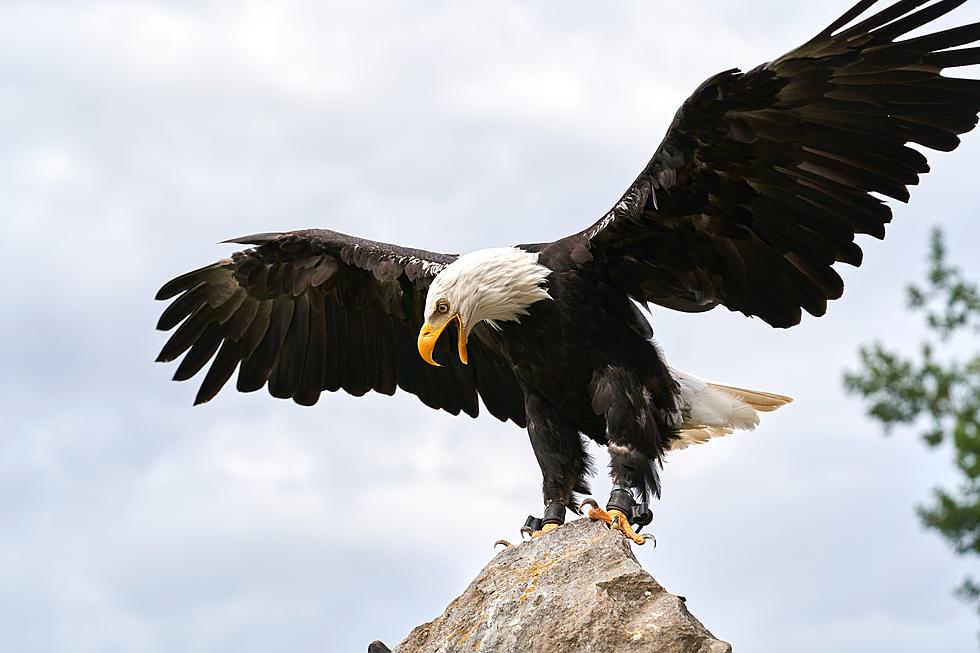
The Minnesota EagleCam Captures Amazing Video Of Newly Hatched Eaglet
AN EAGLET HAS ARRIVED!
We've got a new baby! A newborn eaglet belongs to the Eagles that have been watching carefully over the egg through the cold winter months. Initially, the pair of eagles had two eggs, but alas; the sole survivor has been well taken care of up to this point, and the proud parents are very cautious with their new baby.

Watch the video of our new eagle below.
WHAT'S HAPPENED SO FAR THIS YEAR FOR OUR EAGLE FAMILY
According to the DNR, the eagle pair laid two eggs earlier this year. The first egg was laid on February 15th, and the second on February 18th. On February 21st, one of the eggs broke, leaving the pair with just one eaglet to hatch.
BABY HAS ITS FIRST MEAL
The eaglet has already had its first meal, and according to the DNR site, bald eagle chicks are one of the fastest-growing animals on the planet, so you'll want to tune in to the DNR EagleCam often if you're going to see it grow and develop.
CONSIDER A CONTRIBUTION TO KEEP THE EAGLECAM GOING
If you haven't filed your taxes yet, you could consider making a tax-deductible donation via the nongame tax checkoff, or you can donate online at any time, to help keep the EagleCam going. All donations are double-matched and help support Minnesota's wildlife.
If you would like to sign up for EagleCam Newsletters you can click HERE now.
To see eagle photos of the nest, you can click HERE.
SAVING MINNESOTA WILDLIFE
700 species of Minnesota Wildlife have been thriving because the program is mostly supported by donations from the public. The DNR is thankful for any donations, and encourages all lovers of wildlife, to enjoy the cam photos, and keep them in mind when considering where to make your donations for the year.
LOOK: Stunning animal photos from around the world
More From 106.9 KROC-FM









